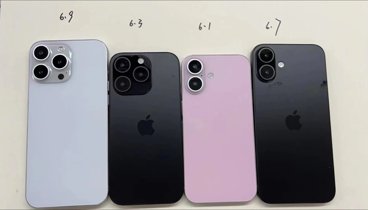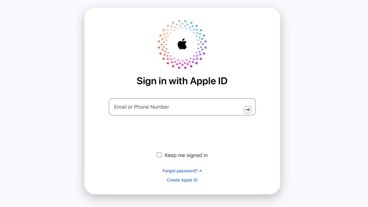Microsoft paying iPhone devs to port games to Windows Phone 7
A report by PocketGamer said that an iOS developer informed the site that Microsoft was offering upfront cash to developers of successful iOS apps if they would translate their games to the new Windows Phone 7 platform.
The site says the costs of reworking games "remains too high," as it involves moving native iOS apps from C/C++/Objective-C code to the Mobile Silverlight/XNA development frameworks that Windows Phone 7 uses.
iOS app portability
Many iOS games make use of game engines such as Unity3D, which could facilitate porting them to other platforms. Apple created an exception for such titles in its revised SDK section 3.3.2 rules designed to outlaw app development using middleware meta-platforms such as Flash and Silverlight.
Top games and applications for Apple's iOS platform rapidly change as new titles emerge and users' interest shift. That makes paying developers to support another platform an expensive gamble, as Sony discovered in its efforts to woo iOS developers into crafting PSP Mini games for its portable gaming system.
The success of Apple's iOS App Store platform is based largely upon its being a large, cohesive installed base of iPhone and iPod touch users who readily buy new, low cost apps as they become available. This strong economic inducement for developers is much more powerful that any portability barriers, as is obvious from the fact that App Store sales have attracted many developers to Objective-C and Apple's Cocoa Touch frameworks.
Difficult to cheat the market
Attempts to cherry-pick successful iOS apps for Windows Phone 7 in exchange for money will likely result in a small number of games for WP7 that don't make much money for their developers, just as Apple's efforts to woo certain game developers such as EA to make games for the Mac haven't resulted in the Mac being a viable competitor in the serious gaming market.
However, Apple and PC game developers have worked together to make it easier to port PC games to Mac users, resulting in a shifting tide that has brought enough new titles, including Valve's Steam gaming platform, to prevent a lack of Mac games from being an impediment to Mac sales. Apple also supports running Windows natively via Boot Camp.
With Windows Phone 7, Microsoft is starting from scratch and an installed base of zero, making its efforts to attract developers to its Silverlight-based platform much more difficult. Scant sales of the Zune HD, which runs the same mobile XNA gaming platform as the forthcoming WP7, have also done nothing to attract serious development. And of course, no Windows Phone 7 devices will be able to alternatively boot Apple's iOS.
 Daniel Eran Dilger
Daniel Eran Dilger










 Stephen Silver
Stephen Silver
 Charles Martin
Charles Martin
 Christine McKee
Christine McKee
 Malcolm Owen
Malcolm Owen

 Mike Wuerthele
Mike Wuerthele










61 Comments
Surprise, surprise. Microsoft has to pay people to develop for its platform.
Surprise, surprise. Microsoft has to pay people to develop for its platform.
My thoughts exactly!
I like that strategy... I like that strategy a lot!
I'm not sure how well it will work. Unless it's a lot of money, these same developers could make more money creating another successful iPhone game than they'd make from being paid to make a windows 7 game.
Poor Microsoft, I feel bad for them sometimes, why are they trying to compete in the mobile space though, don't they have office and windows operating system cash cows??